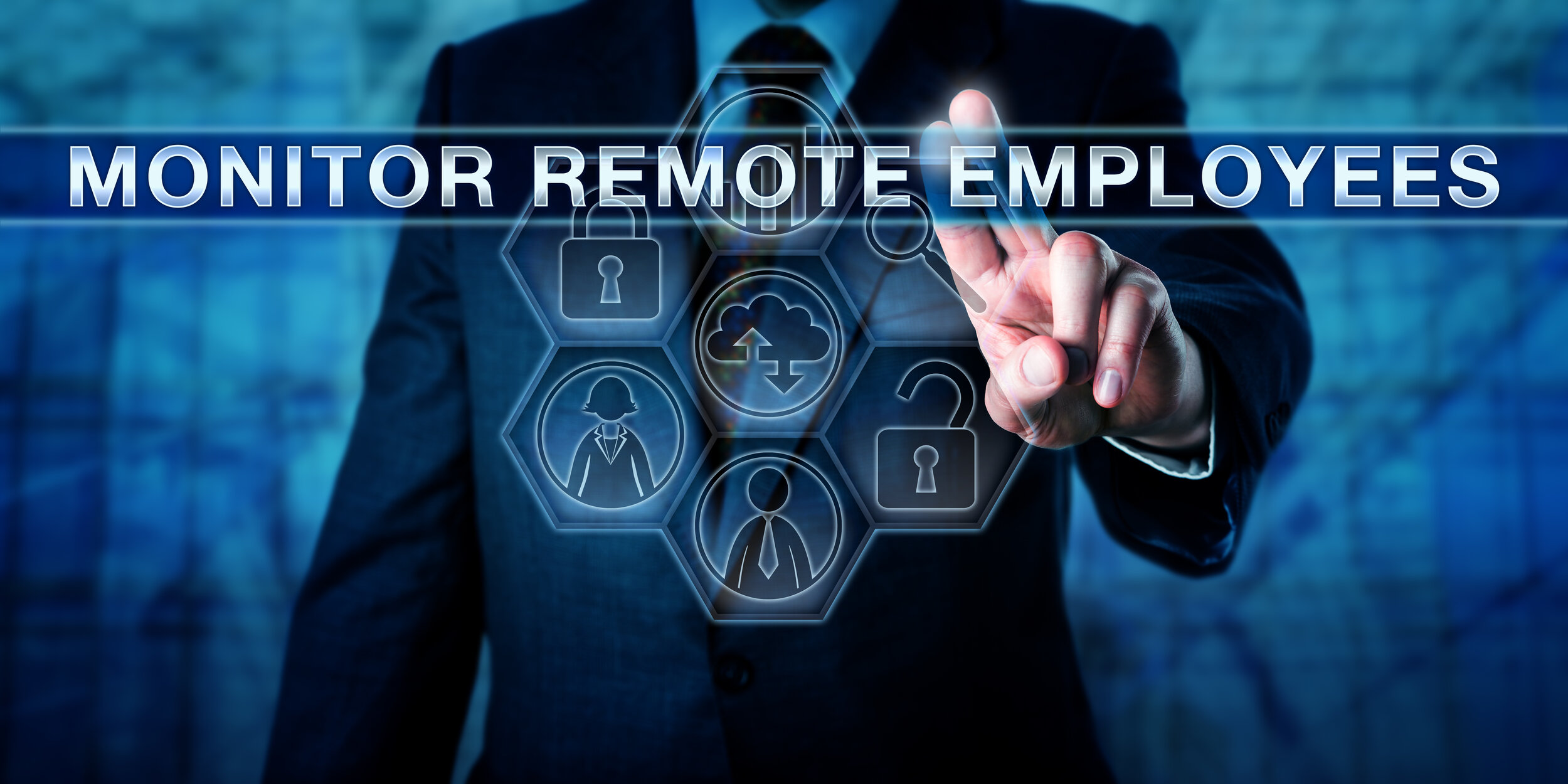Do Lawyers & Law Firms need Employee Monitoring Software for Remote Employees - Even if it’s reliable is it worth it?
/Last week, the New York Times (NYT) came out with an article about employers remotely monitoring their employee computers. The COVID-19 Pandemic has increased the "shift" from on-site work to work from home. And employers understandably want to make sure they are getting the same bang for their buck – that is, are their employees working just as hard at home as they do at the office?
The NYT's article highlights an employee-monitoring program made by Hubstaff. The employee installs the program onto their "work" computer (and we are going to come back to about what is a "work" computer a little later). The employer is then allowed to monitor the employee's computer use. The program works for the most part – the employer is allowed to see much of what the employee is doing throughout the day. But to summarize the intrusion level, the supervisor for Adam Satariano, the author of the NYT article, says it best, "ick."
"Ick" in the sense that Adam's supervisor was able to see an internet workout class Adam had been a participant. Granted, Adam forgot to log out of the program before he moved on for the day. Monitoring software may "o.k." for large firms who can afford to provide each of their employees with an individual laptop. But for those of us with limited resources, e.g., solos and small practitioners, we rely on our staff (or contractors) to have their own computer. And if I were one of those "employees," I would not be letting my boss put a monitoring program on my personal computer. But this type of intrusion does not reflect that there is a more significant problem at hand.
Apparently, when employers require their staff to use this type of tracking software, their "productivity" goes up! But "productivity" in the legal field cannot be solely defined upon computer use. Sure, research, typing documents, and reading and sending e-mailing are done on the computer. But, you are not always on the computer during meetings, traveling to and from those meetings, or traveling to or appearing in court. And what about courts and other venues that don't allow electronic devices. What if, GASP, you are reading a paper copy of a book? Or work better handwriting your thoughts? Or better yet, have a bunch of programs running and not actually working! The problem of using a tracking program in "law practice" is that it does not address the most crucial question: Is your staff actually practicing law?
I think lawyers are more concerned with quality work and meeting deadlines. These programs can only monitor quantity. It cannot track the "quality" of the employee's work product. And quite frankly, if you cannot rely on your staff to meet deadlines with quality work, no employee monitoring software program is going provide you with the protection you will need from a bar complaint resulting from shoddy work.








